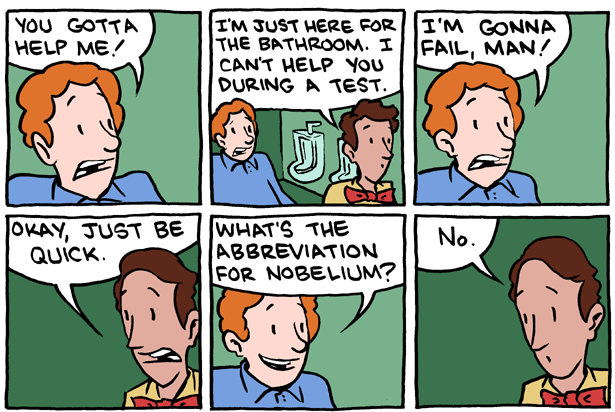Seidenberg on Singer and Nim
[Below is a guest post by Mark Seidenberg, following up on Geoff Pullum's post "Nim: the unproject", 8/16/2011.]
Nim Chimpsky and I met when I was a graduate student at Columbia. “Project Nim” is an excellent documentary, a deeply sad story leavened with humor and astonishment at the behavior of the personalities involved . The parts of the movie that cover events I observed—the period when Nim lived at the Delafield Mansion in Riverdale NY and was driven down to Columbia for teaching—was accurate as far as it went. It’s a documentary, not a detailed record of what happened, and it is stronger on Nim’s personal history and the foibles of his human caretakers (and I use the term loosely) than on the science.
I was preparing to write a commentary on the movie and the project, but then Peter Singer’s piece appeared in the New York Review of Books ("The troubled life of Nim Chimpsky", 8/18/2011). Singer is the Princeton philosopher famous for “Animal Liberation” and other influential, controversial books. His blog post about Nim got many facts wrong and I was moved to write a short response. It might be of interest to Language Log readers.
Read the rest of this entry »
